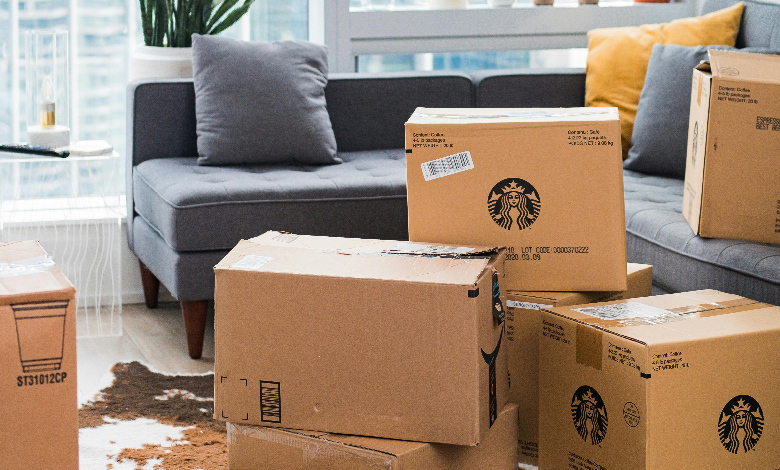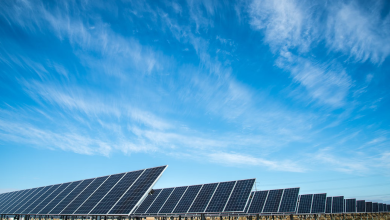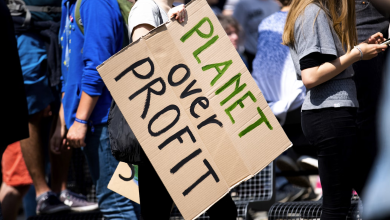Think before you click: The alarming climate cost of same day home deliveries

There is still something magical about the idea of browsing goods online, selecting a bunch of items and getting them delivered to your door, in a few days or sometimes in just hours. But it is important to give at least a fleeting thought to the environmental impact.
E-commerce packaging accounts for nearly a third of solid refuse in the US, according to a 2020 Guardian report. In figures released in 2019, it emerged that Amazon emits nearly as much carbon dioxide as a small country. People are buying more online than ever.
Things expected to change for the better soon
Our rapidly growing delivery culture has become a challenge and a source of nuisance. Shampoo in one parcel and socks in another – for many people across the globe, it’s become normal to hear multiple knocks on the door from a courier every few days.
But all this to-and-fro movement has a considerable impact on the planet. Despite a series of press releases about companies purchasing electric vans, a majority of parcels still travel on fossil-fuelled vehicles, according to Rob Levy of Freightways, that owns NZ Couriers, reported RNZ News.
Electric vans currently do not quite have the range or power needed to carry bigger loads. Levy said “sadly at the moment, the big factor is the fossil fuels,” but highlighted his expectations about things changing for the better in the next few years.
Two factors driving a parcel’s planet-heating impact
The leading New Zealand-based courier company has started offering its business customers the option to track the carbon footprint of deliveries. Levy noted that 100 companies from all kinds of industries have already taken up the interesting offer.
In the current environment, Levy said two main factors drive a parcel’s planet-heating impact: first, how is the item being transported, as planes usually result in higher emissions; and second, how many items can be bunched together for the bulk of their journey.
Studies suggest customers often are not aware of the carbon cost of demanding things quickly, and often are not being charged the full cost of doing so. Businesses are currently competing in a market that treats speedy home deliveries as the standard.
Bunching up multiple items into a single order
Switching cargo from air freight to coastal shipping is likely to be slower, but cheaper and better for the environment. Moreover, some cleaner options are the same speed as fossil-fuelled ones, such as helping trucks switch from diesel to electric or other clean fuels.
Read More: Greenland has lost at least a trillion tonnes of ice since 1985, new study reveals
In addition, Levy said people can reduce the amount of fossil fuels burned by bunching up multiple items into a single order, rather than ordering in dribs and drabs, as per RNZ News. But that approach can be tricky as retailers often send items out in multiple deliveries.



